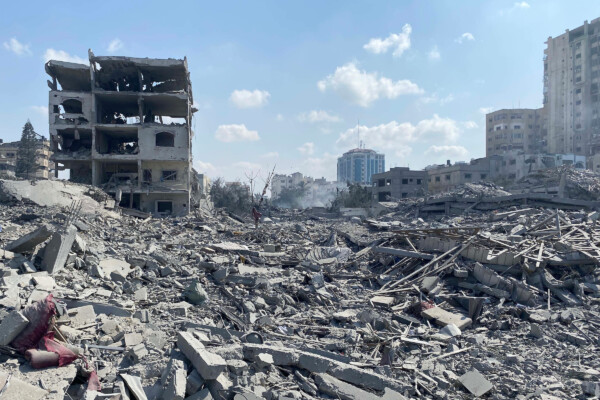
Belgian arms exports to Israel: The discrepancy between words and deeds in export control policy
March 5, 2024In this report, Vredesactie and IPIS take a critical look at Belgium’s policy on the export and transit of defense-related goods and dual-use goods to Israel. The new Gaza war puts this arms trade policy back in the spotlight. The regional governments, responsible for arms trade, regularly claim to assume the highest standards. And according to current policies, Belgium does indeed have a strin
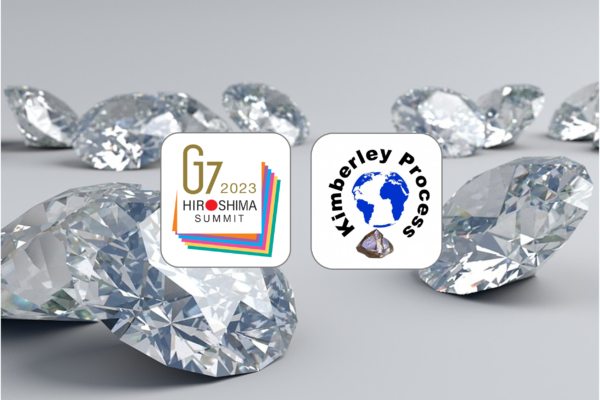
A tale of two diamond certification schemes: the Kimberley Process and the G7’s Russian diamond ban
January 22, 2024The diamond trade is today faced with arguably the biggest crisis since the blood diamond controversy of the late 1990s. Once again this has to do with widespread concern that proceeds from mining and trading this precious symbol of eternal love are being used to finance conflict. This time the source of controversy are Russian diamonds, which represent about one third of the global production, an

IPIS Event: Congolese cobalt, EU regulations, and direct investment
January 9, 2024On the 30th of November, IPIS hosted its annual panel discussion, this time on current challenges facing the cobalt sector in the Democratic Republic of the Congo (DRC) and the potential impact of European Union (EU) regulations to improve these. Moderated by Lotte Hoex, the panel consisted of Esperant Mwishamali, independent researcher on cobalt artisanal and small-scale mining (ASM) in the DRC,
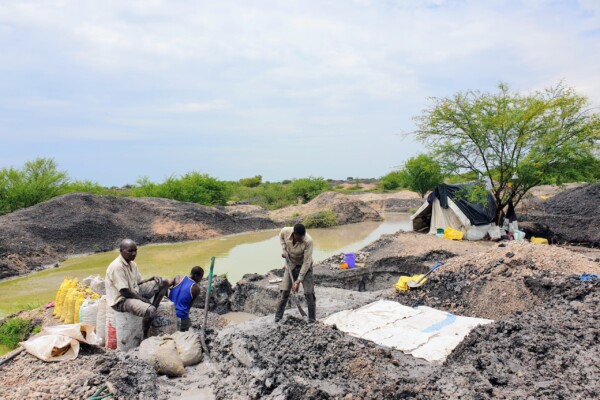
Access to remedy and extractive industries: The challenges of legal aid providers in Tanzania
December 20, 2023DARUBINI – Tanzania Briefing – December 2023 Tanzania’s rich mineral reserves and thriving extractive industries provide a promise of economic prosperity and development. However, when these industries cause harm to both surrounding communities and environments, access to remedy often remains difficult. In this briefing, IPIS and its partners address challenges facing Legal Aid Providers (LA
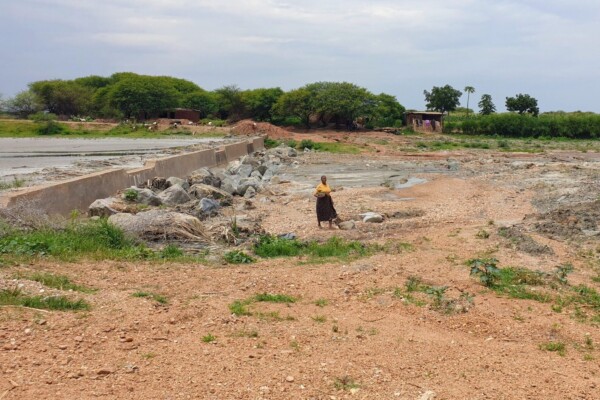
Petra Diamonds’ attempts to come clean with its tarnished past in Tanzania
November 9, 2023Challenges in securing access to remedy and restoring community relations after serious human rights abuse at the Williamson diamond mine This report assesses the efforts by Petra Diamonds to restore community relations and remediate the legacy of serious human rights abuse at its Williamson diamond mine in Tanzania. Download the report The Williamson Diamonds mine, adjacent villages a
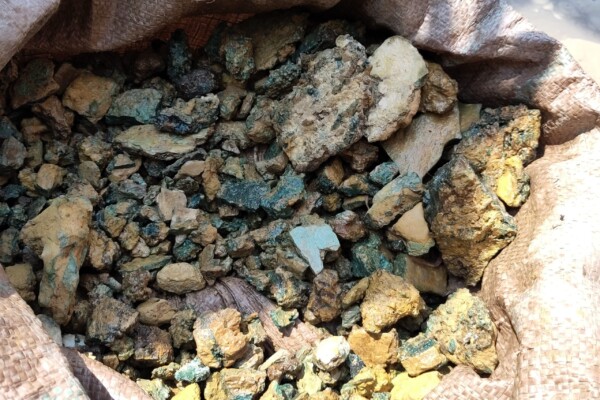
The EU Critical Raw Materials Act: Handshakes, extracting, processing and recycling. Why not reducing and prioritizing?
November 7, 2023The European continent struggles with the dilemma to secure its raw material supply chain for the sake of its green transition and energy sovereignty, at the cost of more pollution, ecosystem destruction and handshakes with undemocratic resource-rich countries. The Critical Raw Materials Act (CRM Act) proposes a strategy to secure a sustainable supply of critical raw materials, and is currently ne

G7 targets Russian diamonds – Q&A
October 28, 2023Russia’s invasion of Ukraine, which began on February 24, 2022, has led to an unprecedented proliferation of economic sanctions designed to hit Russia’s economy and drain the resources of the Russian war chest. Among these are efforts to ban Russian diamonds from Western markets. Early October, at a meeting in Brussels with Ukraine’s President Zelensky, Belgian Prime Minister de Croo stated that t

Joint NGO statement: EU Conflict Minerals Regulation failing to reach its goals
October 19, 202320 NGOs call on the EU to step up its enforcement and adopt new measures Download the statement (ENG) Téléchargez la déclaration (FR) Brussels, 19 October 2023 More than six years after it was signed into law, the EU Regulation on the responsible supply of tin, tungsten, tantalum and gold (3TG) originating from conflict-affected and high-risk areas (CAHRAs) is failing to reach its key object

The EU Conflict Minerals Regulation: High stakes, disappointing results
October 19, 2023The EU Regulation on the responsible supply of tin, tungsten, tantalum and gold (3TG) originating from conflict-affected and high-risk areas (CAHRAs) came into full force on 1 January 2021. Also known as the “Conflict Minerals” or “Responsible Minerals” Regulation, it aims to break the link between the exploitation and trade in 3TG on the one hand, and conflict financing on the othe
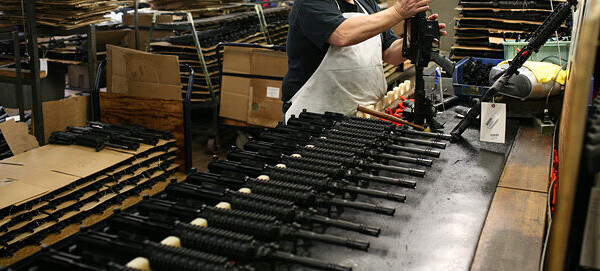
Due diligence responsibilities of businesses involved in small arms and light weapons
September 18, 2023IPIS and the International Action Network on Small Arms (IANSA) have developed a Fact sheet on “Due Diligence Responsibilities of Businesses Involved in Small Arms and Light Weapons.” For over a decade, the international community has been developing guidelines for responsible business conduct for States and companies to prevent, address and remedy human rights abuses committed in business operati
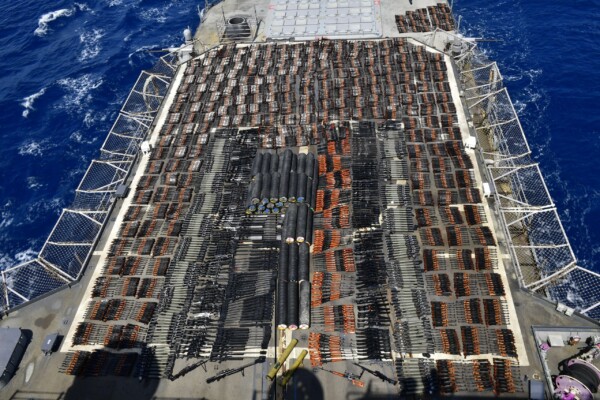
A human rights perspective on arms export licencing and access to information
February 6, 2023Arms export licensing has long been dominated by two rationales: an interstate perspective and intrastate perspective. In the former arms licensing enables trust-building between nations while the latter increases government accountability. A human rights perspective is overdue in arms export licensing. Victims and their defenders should be able to pursue effective remedy when harm is in
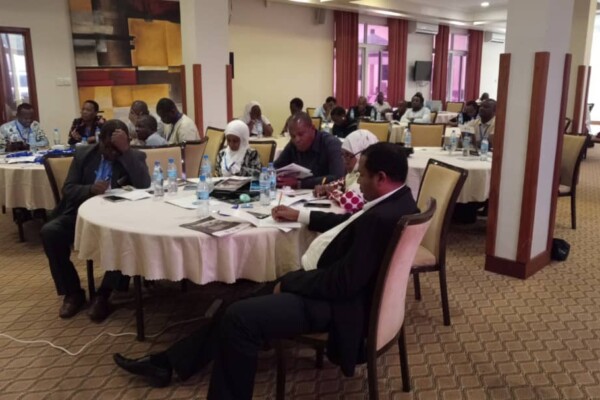
Second multi-stakeholder dialogue on Business and Human Rights in Tanzania urges focus on “the human rights impact of large infrastructure projects”.
March 24, 2020Dar es Salaam, 18 March 2020 For the second time, Business and Human Rights Tanzania (BHRT), the Tanzanian Commission for Human Rights and Good Governance (CHRAGG) and the International Peace Information Service (IPIS) brought together key stakeholders from civil society, the business community and various government agencies from Tanzania mainland and Zanzibar for an annual multi-stakeholder dial
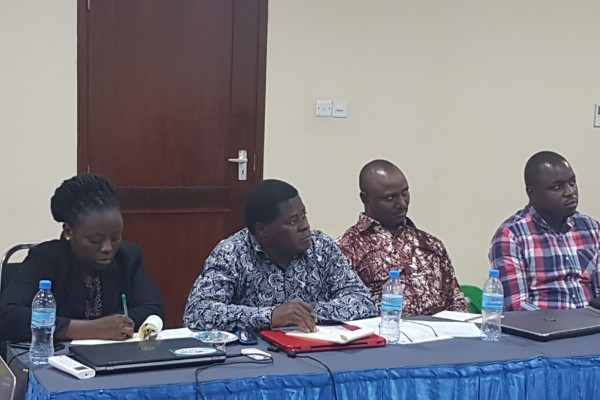
Launch of the second “Voices from Tanzania” series: Business and Human Rights studies with a focus on land rights and environment
July 31, 2019In 2019, Business and Human Rights Tanzania (BHRT), the Tanzanian Commission of Human Rights and Good Governance (CHRAGG) and the International Peace Information Service (IPIS) will collaborate again with Tanzanian civil society organisations in its partner series “Voices from Tanzania”. In its the first volume , the “Voices from Tanzania” publication covered a diverse range of human rights topics
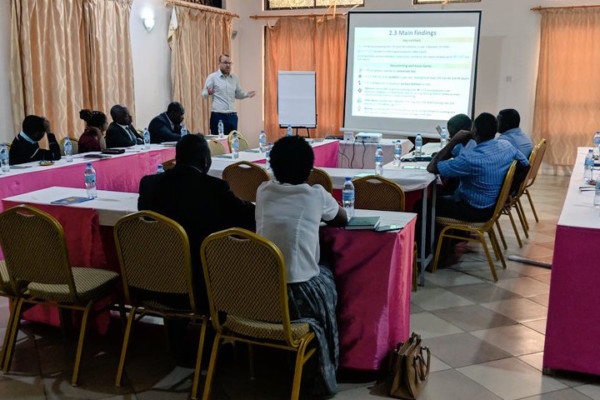
Data sharing on the socio-economic and human rights impact of mining in Tanzania
May 15, 2019Tanzania, May 2019 Since January 2017, IPIS has been working on a project to map the socio-economic and human rights impact of mining in northwest Tanzania. This project is supported by the Belgian development cooperation under a programme on human rights and digitisation. By using mobile technologies such as mobile data collection, GIS mapping, mobile incident reporting and phone surveys throug

Multi-stakeholder dialogue on Business and Human Rights in Tanzania identifies ‘land rights and environment’ as priority topic
April 17, 2019Dodoma, 21 March 2019. Over 60 key stakeholders from civil society, business and government agencies from Tanzania mainland and Zanzibar gathered at the Royal Village Hotel, Dodoma for the first annual multi-stakeholder dialogue on Business and Human Rights. This event was organized by the Tanzanian Commission for Human Rights and Good Governance (CHRAGG), Business and Human Rights Tanzania

